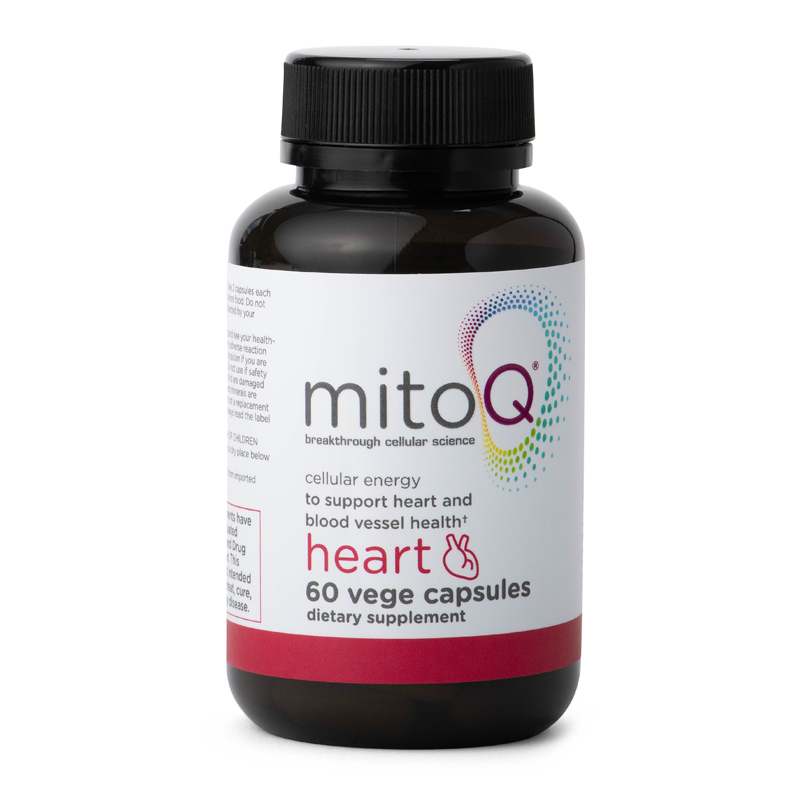Improve Heart Health Supplement
There are several supplements that have been proven to improve heart health, but which ones are the best? These can help reduce the risk of atherosclerosis and arteriosclerosis, two chronic conditions that increase the risk of heart disease and diabetes. They also help lower cholesterol levels and blood sugar levels. Listed below are some of the best supplements for heart health. We recommend talking to your doctor before starting any new supplement to avoid any possible drug interactions.
Reducol, a proprietary combination of plant-based ingredients, is a common ingredient in many of these supplements. This blend of compounds, called sterols, is structurally similar to cholesterol, and can help lower blood pressure. It is important to note that stanols are more potent than flaxseed oil, and that they can be used safely. The best supplements for heart health will contain no artificial colors, fillers, or other additives.
Crominex 3+ is an excellent heart health supplement, because it contains a special form of chromium. This type of chromium has been shown to improve HDL cholesterol levels. It is also helpful in maintaining healthy blood flow and lowering CRP and LDL cholesterol levels. In addition, it contains purified shilajit and Amla fruit extract. It can boost endothelial function, which is important for regulating blood pressure.
Garlic is another great supplement for heart health. This herb contains allicin, an active ingredient in garlic that lowers the risk of cardiovascular disease. It also decreases blood pressure and helps control arterial stiffness. While garlic may have a pungent taste, it also has beneficial effects on the circulatory system. Unlike countless other products, garlic supplements have no side effects, and are safe for most people. Its benefits include balancing blood lipid levels, improving lipid balance, and helping to regulate inflammation in the body.
While you can obtain sufficient amounts of omega-3 from foods, it is not recommended to take supplements. While they can help with heart health, it is best to avoid dietary supplements that are made from animal sources. Natural sources of omega-3 include pumpkin seeds, walnuts, and wild salmon. Aside from these, you can also get these nutrients from a supplement. The amount of these ingredients should be at least 2 to 3 g per day.
In addition to these natural supplements, you can also find some specific vitamins that support your heart health. Some of these include Omega-3s, which are essential for heart health. In addition, other heart-healthy foods that you can consume include fish. For example, the diets that you choose should include omega-3s. You should also avoid sugar and processed foods. These are two of the most important vitamins for heart health. And you should eat fish regularly. But, if you do not eat fish, you should supplement your diet.
While a diet rich in Omega-3 fatty acids is the best supplement for heart health, it is important to talk to your healthcare provider about any supplements you might take. It is important to discuss with your healthcare provider before starting a supplement regimen. If you have been diagnosed with a heart disease, consult your doctor to make sure it is safe for you to take. If you're taking a multivitamin, it's not recommended.
CoQ10 is a vitamin that can be helpful for people who suffer from congestive heart failure. It also helps offset the side effects of drugs that reduce cholesterol. By improving the body's oxygen utilization, CoQ10 can help reduce your risk of a second heart attack. For those taking statins, this supplement can also help lower your cholesterol levels. When you take a supplement, it's important to take it with a meal.
Chlorophyll, is a dark green plant pigment that contains more copper than sea salt. It can be taken as a supplement and is a safe way to get large amounts of copper into the human body. Other health benefits of this natural substance include increased red blood cell production. In addition, it can reduce the risk of developing cardiovascular diseases and increase the number of red blood cells in the body.



Comments